Your smile is often the first thing people notice about you, but the importance of dental health extends far beyond aesthetics. Regular visits to your dentist play a crucial role in maintaining not just your oral health, but your overall wellbeing. From preventing serious dental issues to detecting early signs of systemic diseases, dentists are vital healthcare partners throughout your life.
The Importance of Regular Dental Check-ups
Regular dental check-ups are the cornerstone of good oral health. Most dentists recommend visits every six months, though some conditions may require more frequent attention. These routine appointments serve multiple essential purposes that help maintain your smile and prevent serious complications.
Early Detection of Dental Issues
Dental problems like cavities, gum disease, and oral cancer are much easier to treat when caught early. Your dentist has the training and tools to identify issues before they become painful or require extensive treatment.
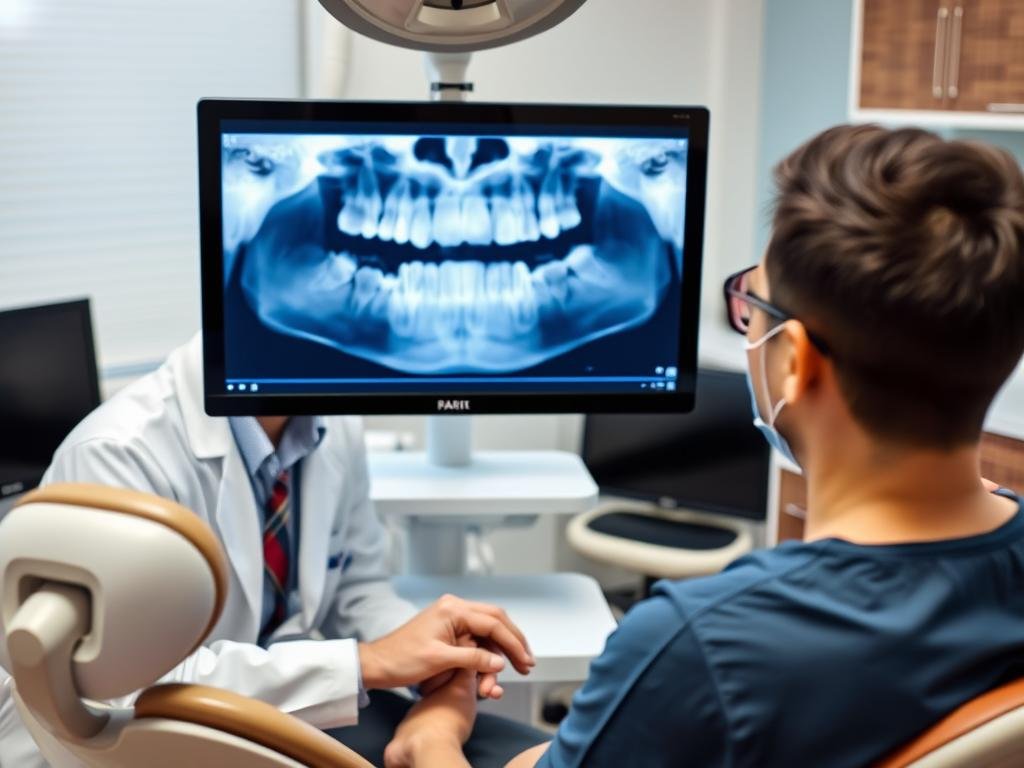
Professional Cleaning
Even with excellent home care, plaque and tartar build up in hard-to-reach areas. Professional cleaning removes these deposits, preventing gum disease and tooth decay while giving you that fresh, clean feeling only a dental cleaning can provide.
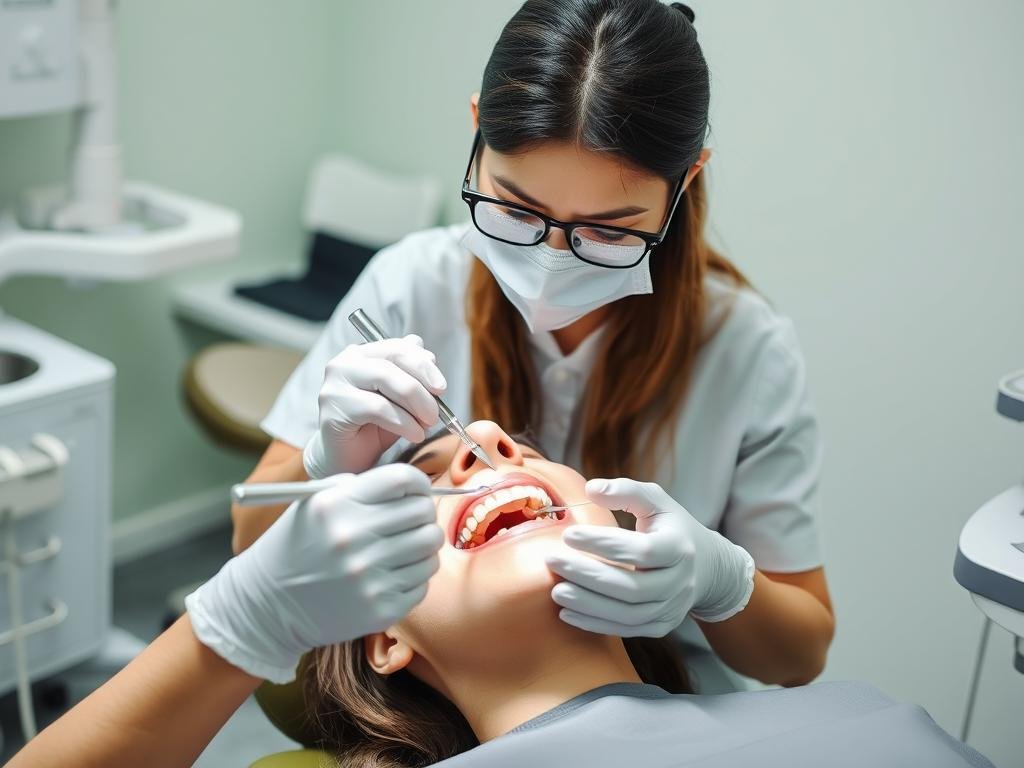
Monitoring Oral Health Changes
Your mouth changes over time, and regular visits allow your dentist to track these changes. This ongoing record helps identify patterns and address emerging issues before they become serious problems.
Don’t Wait Until There’s Pain
Many dental problems don’t cause symptoms until they’re advanced. Regular check-ups catch issues when they’re small and more easily treatable.
“Prevention is better than cure. Regular dental visits can save you time, money, and discomfort in the long run by addressing small issues before they become major problems.”
Common Dental Procedures You Should Know
Understanding common dental procedures can help reduce anxiety about dental visits. Here’s what you can expect from some of the most frequent treatments performed by dentists:

Dental Cleanings
Professional cleanings remove plaque and tartar buildup that regular brushing can’t reach. This procedure helps prevent gum disease and keeps your smile bright.
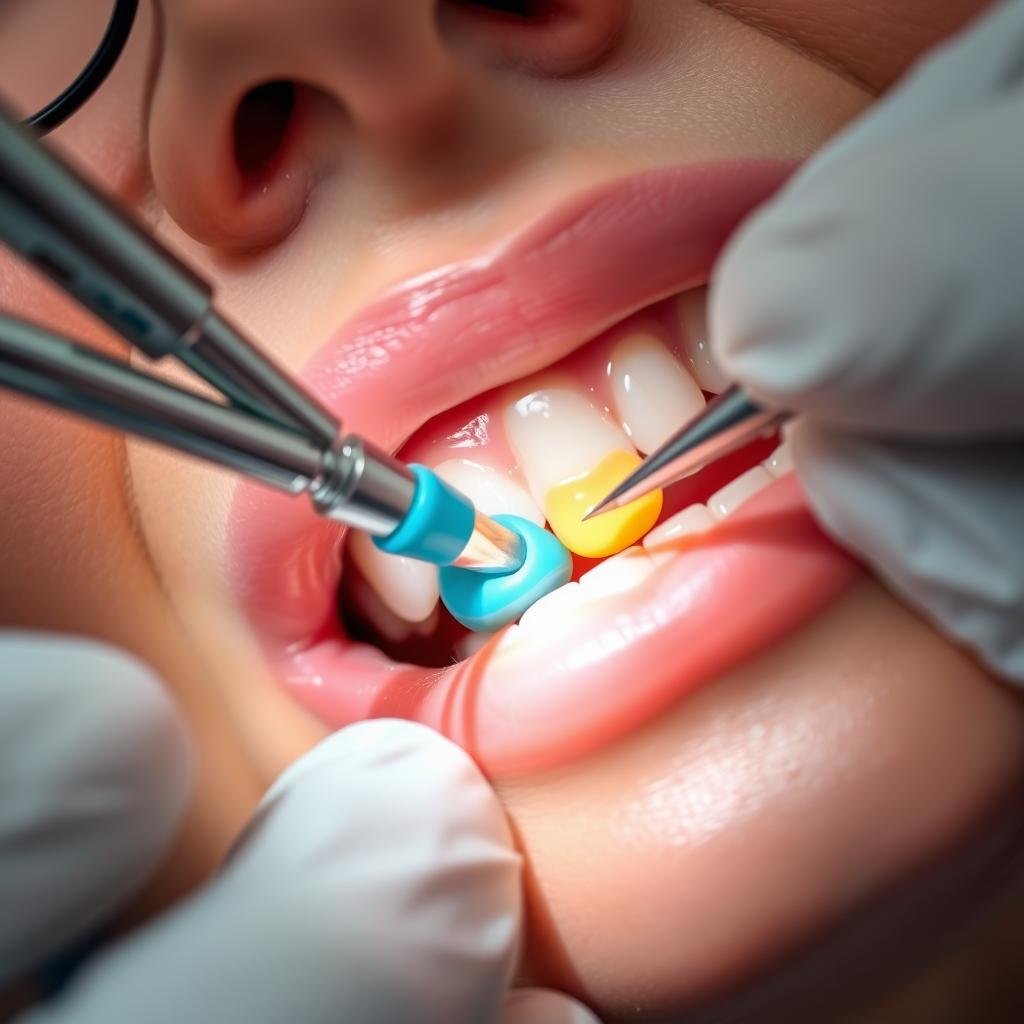
Dental Fillings
When decay creates a cavity, your dentist removes the damaged portion and fills the space with composite resin, amalgam, or other materials to restore the tooth’s function and appearance.
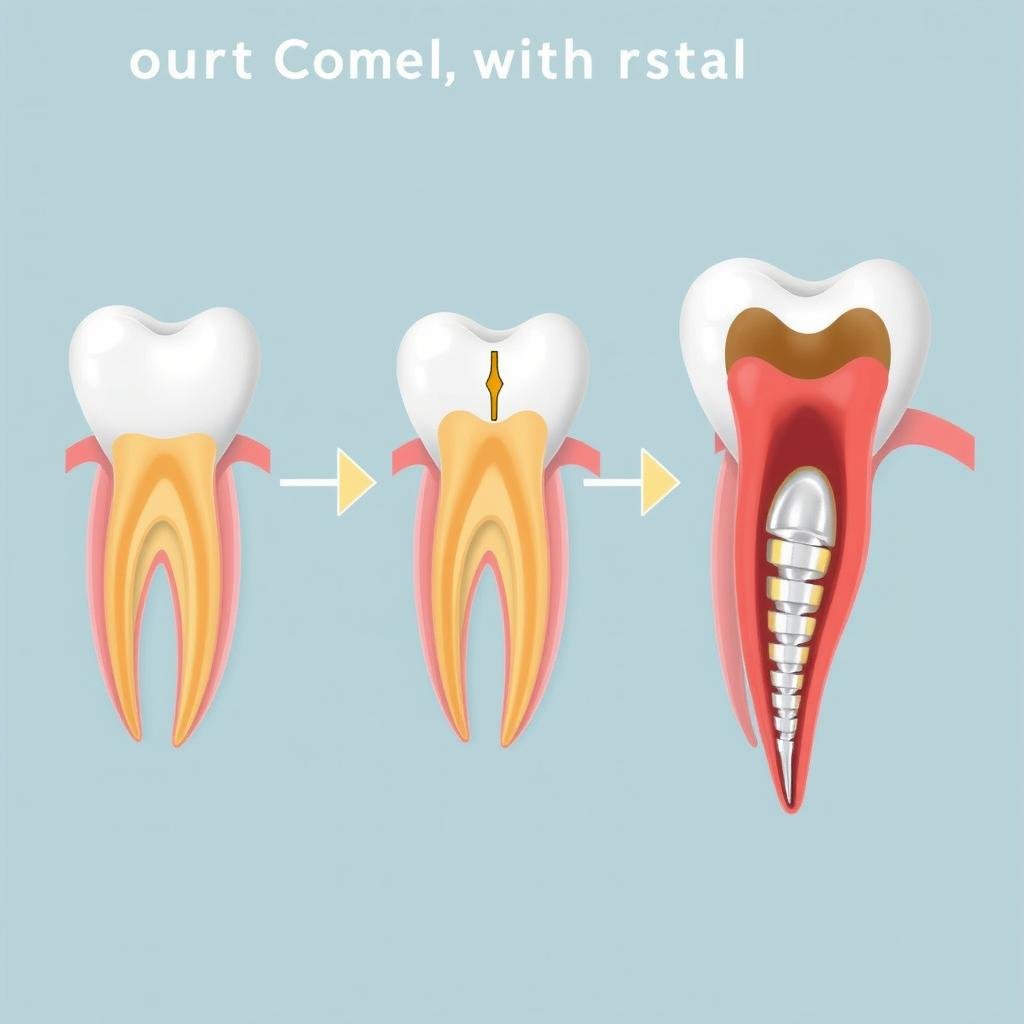
Root Canal Treatment
This procedure saves teeth with infected or damaged pulp. The dentist removes the affected tissue, cleans the canal, and seals it to prevent further infection.
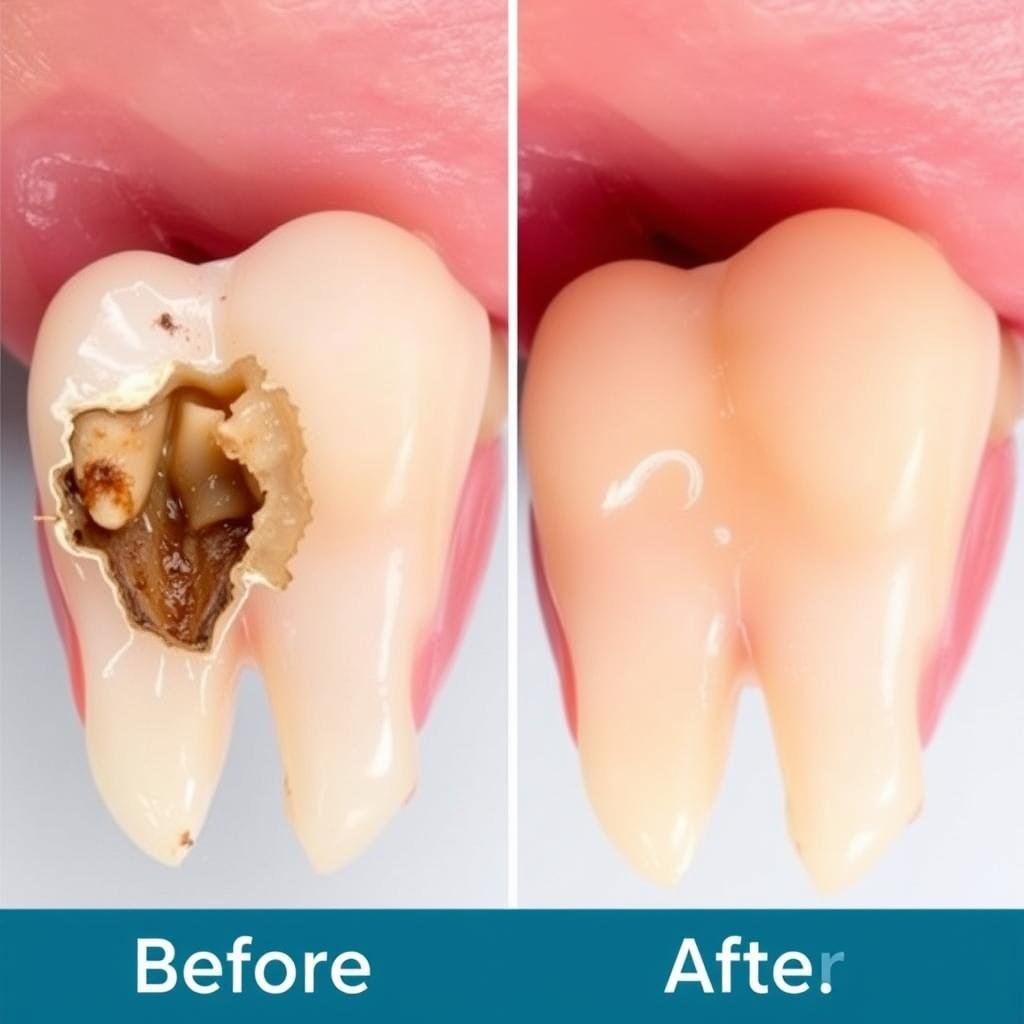
Dental Crowns
Crowns are cap-like restorations that cover damaged teeth to restore their shape, size, strength, and appearance. They’re commonly used after root canal treatment or for severely damaged teeth.

Teeth Whitening
Professional whitening treatments can lighten teeth by several shades in a single visit. These treatments are more effective than over-the-counter options and are performed under dental supervision.
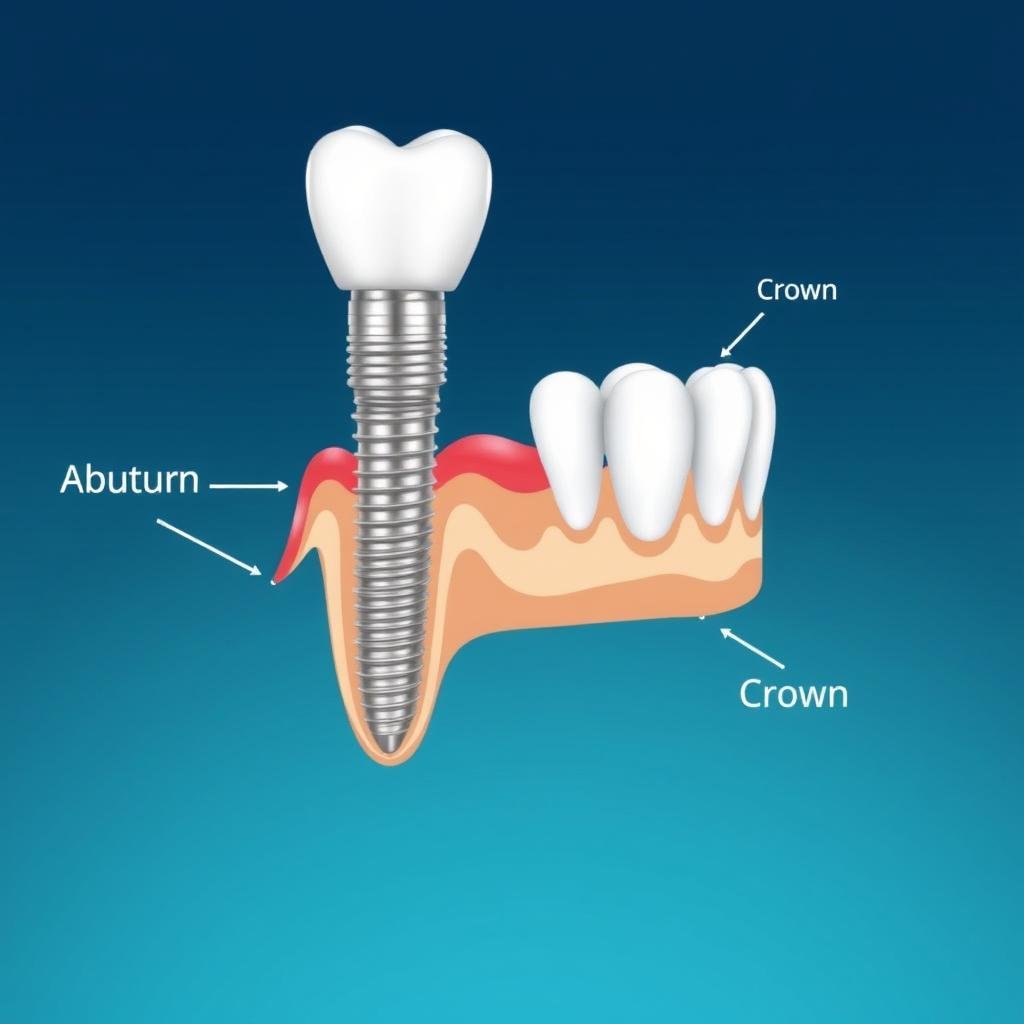
Dental Implants
Implants provide a permanent solution for missing teeth. A titanium post is surgically placed in the jawbone, functioning as a tooth root to support a crown that looks and functions like a natural tooth.
Did you know? Modern dental techniques and anesthetics have made most dental procedures virtually painless. If you experience dental anxiety, talk to your dentist about sedation options to make your visit more comfortable.
The Connection Between Oral Health and Overall Health
Your mouth is a window to your overall health. Research continues to reveal strong connections between oral health and various systemic conditions. Understanding these links highlights why regular dental care is essential for your total wellbeing.
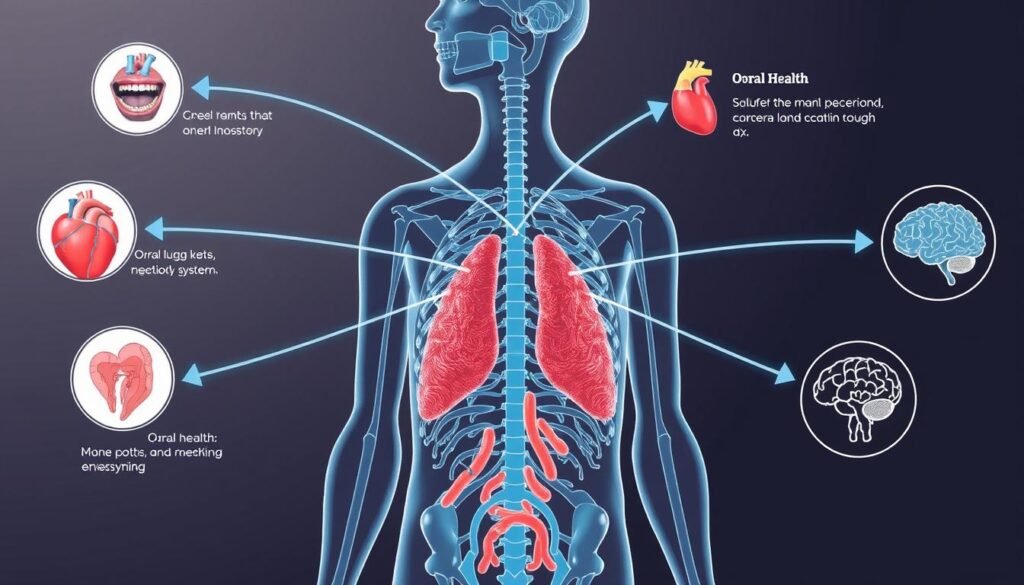
Heart Disease and Stroke
Research suggests that inflammation and infections in the mouth, particularly gum disease, may be linked to heart disease, clogged arteries, and stroke. The bacteria from inflammation of the gums can enter your bloodstream and travel to the arteries in the heart.
Diabetes
People with diabetes are more susceptible to gum disease, and severe gum disease may impact blood glucose control. This creates a two-way relationship where each condition can worsen the other if not properly managed.
Respiratory Infections
Bacteria in the mouth can be inhaled into the lungs or travel there via the bloodstream. This may cause pneumonia and other respiratory diseases, particularly in people with periodontal disease.
Pregnancy Complications
Research has linked periodontal disease to premature birth and low birth weight. Maintaining good oral health is especially important during pregnancy to reduce these risks.
Protect Your Overall Health
Regular dental check-ups don’t just save your smile – they could help protect your overall health too.
How to Choose the Right Dentist
Finding the right dentist is a personal decision that depends on your specific needs, preferences, and circumstances. Here are key factors to consider when selecting a dental care provider:

First Visit Tip: Use your initial consultation to assess how comfortable you feel with the dentist and staff. Good communication and a trusting relationship are essential for ongoing dental care.
Maintaining Oral Hygiene at Home
While regular dental visits are crucial, your daily oral hygiene routine forms the foundation of good dental health. Follow these evidence-based practices to maintain your smile between professional check-ups:
Daily Brushing and Flossing
- Brush at least twice daily using fluoride toothpaste and a soft-bristled brush
- Brush for two minutes, covering all surfaces of your teeth
- Floss once daily to remove plaque between teeth
- Consider an electric toothbrush, which can be more effective at removing plaque
- Replace your toothbrush or brush head every 3-4 months
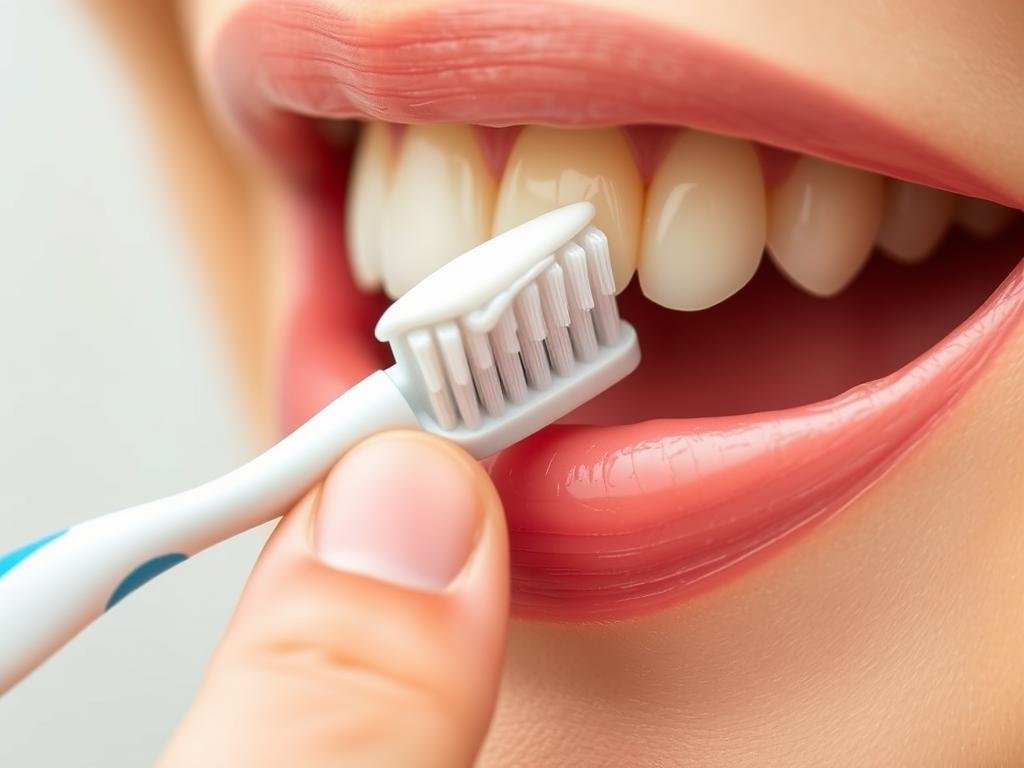
Diet and Lifestyle Choices
- Limit sugary foods and drinks, which contribute to tooth decay
- Avoid tobacco products, which increase risk of gum disease and oral cancer
- Drink plenty of water, especially after meals, to rinse away food particles
- Choose tooth-friendly snacks like crunchy vegetables, cheese, and nuts
- Consider using a mouthwash to reduce plaque and freshen breath

Recognizing Warning Signs
Be alert to these symptoms that may indicate dental problems requiring professional attention:
See Your Dentist If You Notice:
- Bleeding gums during brushing or flossing
- Persistent bad breath or bad taste
- Loose or shifting teeth
- Sensitivity to hot, cold, or sweet foods
- Pain or swelling in your mouth, face, or neck
Emergency Dental Situations:
- Knocked-out tooth (keep it moist and see dentist immediately)
- Cracked or broken tooth causing pain
- Abscess or infection (swelling, pain, fever)
- Lost filling or crown causing pain
- Injury to the mouth or jaw
Important: Dental problems rarely resolve on their own and often worsen without treatment. Don’t postpone seeing your dentist if you experience any warning signs.
Dental Care Across the Lifespan
Dental needs evolve throughout life, requiring different approaches at various stages. Understanding these changing needs helps ensure appropriate care at every age:

Children’s Dental Care
Children should visit a dentist by their first birthday or when their first tooth appears. Early visits establish good habits, monitor development, and prevent common childhood dental issues. Pediatric dentists specialize in treating children and creating positive dental experiences.

Adult Dental Care
Adults face challenges like gum disease, tooth wear, and cosmetic concerns. Regular check-ups, professional cleanings, and addressing issues promptly help maintain oral health. Many adults also seek cosmetic treatments to enhance their smiles.

Senior Dental Care
Older adults may face unique challenges including dry mouth, root decay, and tooth loss. Regular dental care remains essential, and dentists can provide solutions for age-related dental issues, including implants, dentures, and treatments for gum recession.
How often should I visit my dentist?
Most people benefit from dental check-ups every six months. However, your dentist may recommend more frequent visits if you have specific oral health concerns, gum disease, or a history of frequent cavities. Some people with excellent oral health and low risk factors might only need annual visits.
What should I do if I’m afraid of going to the dentist?
Dental anxiety is common and can be addressed in several ways. Communicate your fears to your dentist, who can suggest approaches like gradual exposure, distraction techniques, or sedation options. Many dental practices now specialize in treating anxious patients with comfort measures like headphones, weighted blankets, or aromatherapy.
Is professional teeth whitening better than at-home kits?
Professional teeth whitening performed by a dentist typically produces more dramatic results in less time compared to over-the-counter products. Dentists can use higher-concentration whitening agents safely and can address sensitivity issues. However, dentist-supervised at-home kits can also be effective for gradual whitening with less sensitivity.
Taking Charge of Your Dental Health
Your oral health is too important to neglect. By understanding the essential role dentists play in your overall wellbeing, you can make informed decisions about your dental care. Remember that prevention is always easier and less costly than treatment, and regular dental visits are a cornerstone of preventive care.
Whether you’re due for a check-up, experiencing dental concerns, or simply want to improve your smile, reaching out to a qualified dentist is the first step toward optimal oral health. Your future self will thank you for the investment in your smile and health.
Ready to Prioritize Your Dental Health?
Take the first step toward a healthier smile and better overall health by scheduling your dental appointment today.




